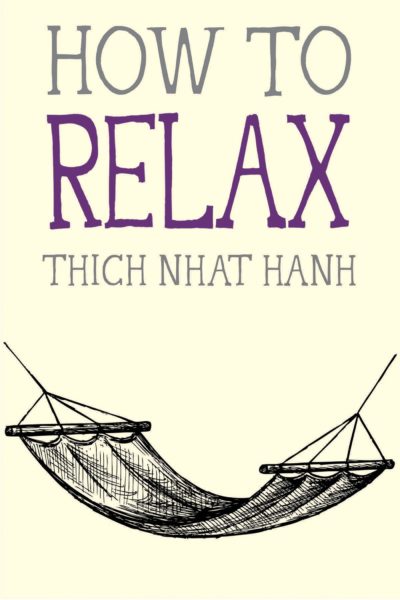An Introduction to Rest
Some people harbor the illusion that rest is a luxury they do not have time for, but the reality is that rest is a necessity.
The fast pace of modern living can cause people to think they must always be working on one task or another to remain a productive member of society, but the truth is that unless we get enough rest, our productivity suffers. So does our health—physically, mentally, and emotionally.
A strong work ethic is indeed an admirable quality, but too much work without any rest or relaxation can diminish the quality of the work we perform and leave us feeling drained, compromising our best efforts.
Why are rest and relaxation important?
For starters, getting adequate rest helps us feel better in a generalized sense. For that reason alone, rest is something we should make time for and welcome into our schedules.
But just what is rest? In essence, rest is a pause from strenuous or stressful physical or mental activity. Rest, as the word suggests, performs a restorative function. When we don’t take the time for proper rest and relaxation, the demands of perpetual motion and constant attention to one task after another begin to affect everything from our thinking to our hand-eye coordination to the reliability of our memory.
Resting vs. Sleeping
A lot of people think of resting and sleeping as synonymous, but sleep is merely one form of rest. Some ways to get in rest during the day include:
- Going outside to connect with nature, even if it is just sitting under a shade tree on a warm day
- Allowing yourself a few minutes to step away from something that has been causing you to exert yourself, be it physically or mentally
- Designating a certain area in the home or office as a space for resting and relaxing when things start to become overwhelming
Encouragement to Rest
Because Western culture places so much emphasis on activity, it can be helpful to remember that the human body itself is designed for rest. The cultural anthropologist and author Angeles Arrien (1940–2014) said it this way: “But your heart muscle goes on working for as long as you live. It does not get tired, because there is a phase of rest built into every single heartbeat.”
Brenda Ueland (1891–1985), the American author of If You Want to Write, understood the importance of rest and relaxation via “moodling” in promoting creativity and originality in the imagination. She wrote, “The imagination needs moodling—long, inefficient happy idling, dawdling and puttering.”
Lest we fall into the trap of believing that unfocused idling is inherently problematic, the words of Nobel Prize–winning French author and philosopher Albert Camus (1913–1960) provide a reality check. Camus wrote, “Idleness is fatal only to the mediocre.”
The American neuropsychologist and author Rick Hanson offers these insightful words on the importance of rest: “When you get some rest and get more rested, you have more energy, mental clarity, resilience for the hard things, patience and wholehearted caring for others.”
How does rest relate to exercise?
In addition to ensuring adequate rest in everyday life, rest is integral to getting the most out of exercise.
While it is true that exercise involves physical activity, many of the benefits of exercise come from resting after the fact.
Rest allows muscles time to recover from exercise, which allows the tissues to heal and grow and leads to stronger muscles. Muscle fatigue can be a serious problem even when we are not exercising, and ensuring adequate rest gives muscles the time they need to replenish glycogen levels; glycogen is essential for proper energy storage.
Proper rest is crucial to athlete well-being. Because of the strain throwing a baseball places on pitchers’ arms, for example, they require more rest between games than position players. Without adequate rest, even the best pitchers would lose most of their effectiveness. In addition to benefits for the specific muscles used in exercise or athletic performance, rest also reduces the chance of injuries to other parts of the body that may otherwise compensate for parts that are overworked.
When viewed in the context of how getting enough rest relates to other aspects of our lives, taking time for a pause here and there can be seen as anything but laziness or a shirking of one’s duties. Instead, it is seen for what it is: a necessary component of a holistically based approach to health and happiness.
You Might Also Like Our Content on These Topics: Rest, Brain Health, Breathwork, Endurance, Meditation






 For it is in your power to retire into yourself whenever you choose.
For it is in your power to retire into yourself whenever you choose.




